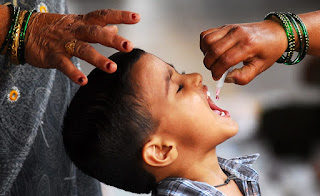Living with HIV (human immunodeficiency virus) is not easy, and it is even harder on couples who dream of becoming parents but fear passing on the virus to their children. But thanks to a new treatment scheme, these couples now have better than 90% chances of giving birth to a perfectly healthy, HIV-negative baby.
Titled ‘Prevention of Mother-To-Child Transmission (PMTCT)’, the scheme was launched in 2014, when the Joint United Nations Programme on HIV/AIDS (UNAIDS) committed to ambitious testing and treatment targets to combat the AIDS epidemic.
The international organisation launched the 90-90-90 scheme in the same year, aiming for 90% early diagnosis, 90% patients on treatment and 90% suppression of virus by the year 2020.
Titled ‘Prevention of Mother-To-Child Transmission (PMTCT)’, the scheme was launched in 2014, when the Joint United Nations Programme on HIV/AIDS (UNAIDS) committed to ambitious testing and treatment targets to combat the AIDS epidemic.
The international organisation launched the 90-90-90 scheme in the same year, aiming for 90% early diagnosis, 90% patients on treatment and 90% suppression of virus by the year 2020.























